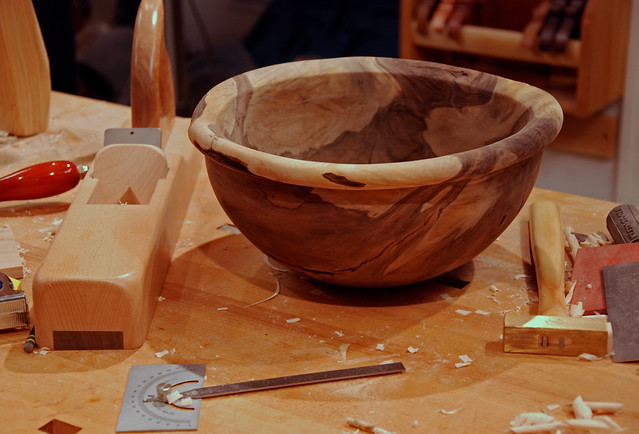Hi.
I started woodworking a few months ago and need some new tools, but I'm wondering whether, at this stage, to buy a few cheaper tools to get up and running, or do you think it's a better idea to go for something a bit more expensive and usually of higher quality.
I know if I buy cheaper tools I'll probably need to replace them, which would be the time I would go for a higher quality tool. But would it be a better idea to buy the more expensive tools, which should, in theory, last me a lifetime?
I know that say a Lie Nielsen chisel is a lot higher quality than one from a local DIY store, but with things like saws, does it really make a difference if I spend £150 or £30?
Along the same vein, if I did go the cheaper route, would antique tools be a better option than a cheap new tool?
Any help would be very appreciated.
Thanks.




 Reply With Quote
Reply With Quote








